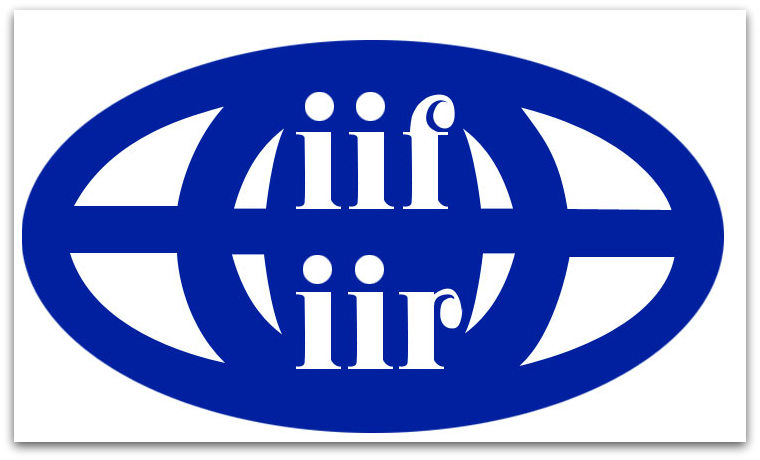Application of the finite-volume method in the engineering analysis of the working process of a reciprocating expander
UDC 621.512
Molodov M.A., Prilutski I.K., Priluzkii A. A.
Abstract
Calculating gas dynamic parameters and properties of a working substance in the cylinder of a positive displacement machine and in adjacent chambers is very complicated and, in most cases, would produce volume-averaged values. Present-day researchers have at their disposal experimental data obtained by assuming that current gas characteristics are identical at any point within a time-constant or variable space of the working chamber in question. Such data, as a rule, ignore the interaction between gas dynamic processes in the cylinder and adjacent chambers, and are true only for a narrow scope of operation parameters when positive displacement machinery works on pure gases. The authors discuss a mathematical model based on the finite-volume method (FVM). This model is noteworthy for complex description of interacting working processes in all elements of an expander’s (compressor’s) stage.
Keywords: instantaneous heat transfer coefficient, reciprocating expander, pulse pressure, local gas velocity
Application of the finite-volume method in the engineering analysis of the working process of a reciprocating expander
Abstract
Calculating gas dynamic parameters and properties of a working substance in the cylinder of a positive displacement machine and in adjacent chambers is very complicated and, in most cases, would produce volume-averaged values. Present-day researchers have at their disposal experimental data obtained by assuming that current gas characteristics are identical at any point within a time-constant or variable space of the working chamber in question. Such data, as a rule, ignore the interaction between gas dynamic processes in the cylinder and adjacent chambers, and are true only for a narrow scope of operation parameters when positive displacement machinery works on pure gases. The authors discuss a mathematical model based on the finite-volume method (FVM). This model is noteworthy for complex description of interacting working processes in all elements of an expander’s (compressor’s) stage.
Keywords: instantaneous heat transfer coefficient, reciprocating expander, pulse pressure, local gas velocity












